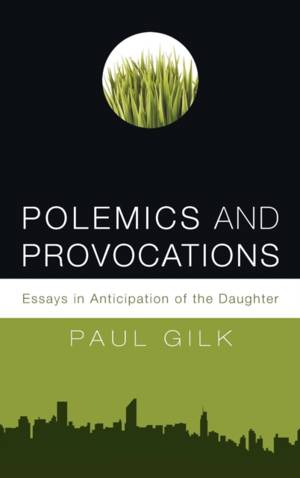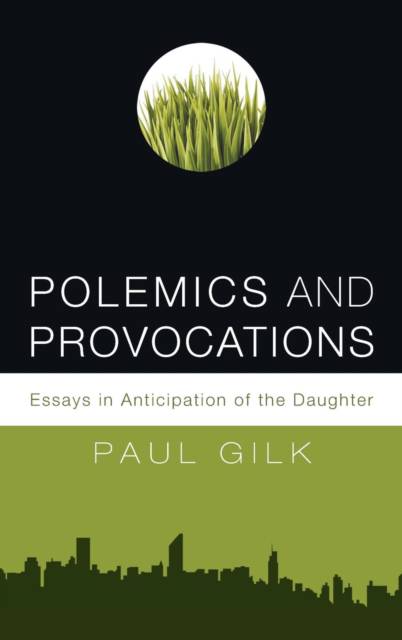
- Retrait gratuit dans votre magasin Club
- 7.000.000 titres dans notre catalogue
- Payer en toute sécurité
- Toujours un magasin près de chez vous
- Retrait gratuit dans votre magasin Club
- 7.000.0000 titres dans notre catalogue
- Payer en toute sécurité
- Toujours un magasin près de chez vous
62,45 €
+ 124 points
Format
Description
In the twelfth century, an Italian monk named Joachim caught the attention of the Christian West by announcing the Three Ages of the World. Joachim arrived at his formulation by a meshing of the Christian Trinity with the Old and New Testaments, proclaiming--in sequence--the Age of the Father, the Age of the Son, and the Age of the Holy Spirit. In the early modern period, however, archaeologists uncovered the remains of an agrarian village social stratum that predates the rise of civilization. The divinity of this period was the Mother Goddess, a divinity that civilized monotheism, with its strict Father God, steadily and severely repressed. Paul Gilk has modified Joachim's Three Ages revelation by placing this newly discovered Age of the Mother at the beginning of Joachim's sequence. But it's obvious that Mother, Father, Son, and Holy Spirit are not psychologically coherent or linguistically consistent. The only way to make semantic sense of Joachim's enlarged formulation is to recognize the Age of the Holy Spirit as the Age of the Daughter, for if there's a Mother, a Father, and a Son, then the Holy Spirit implicitly and quietly reveals Herself as Daughter. With this understanding, it's possible to discern the prophetic power and transformative cultural significance of both the contemporary women's movement and the feminine-Earth sensibility of the growing ecological outrage. Gilk goes on to assert that the radical servanthood and radical stewardship contained within Jesus' "kingdom of God" proclamation is, at least in part, an attempt to spiritually reconnect with the agrarian village culture of the Mother's Age; but it's also a lifting of that Age to a finer spirituality and toward an ethically Green political order. The "kingdom of God" is Green, Gilk says, and its overarching divinity is the Daughter. The Age of the Daughter is Green and is struggling to be born.
Spécifications
Parties prenantes
- Auteur(s) :
- Editeur:
Contenu
- Nombre de pages :
- 192
- Langue:
- Anglais
Caractéristiques
- EAN:
- 9781498255905
- Date de parution :
- 01-06-10
- Format:
- Livre relié
- Format numérique:
- Genaaid
- Dimensions :
- 152 mm x 229 mm
- Poids :
- 430 g

Les avis
Nous publions uniquement les avis qui respectent les conditions requises. Consultez nos conditions pour les avis.






